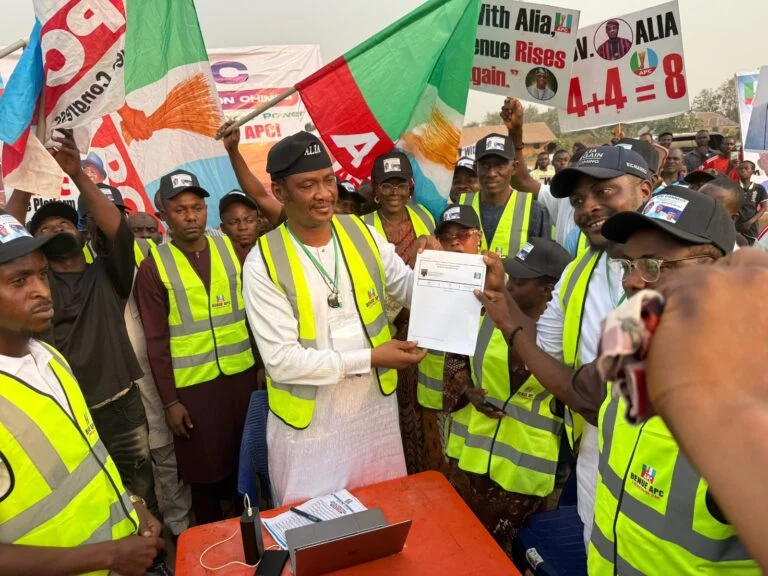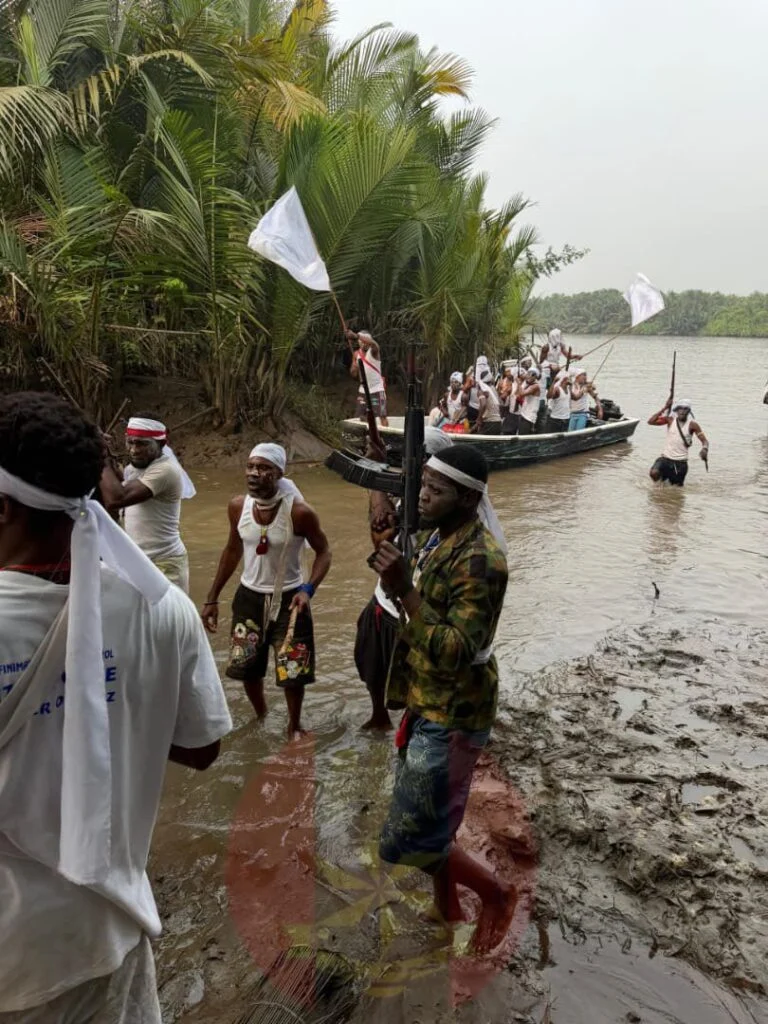NiHSA Warns of Toxic Metals, Microbial Contamination in Flood-Hit Kebbi, Kogi Water Sources

The Nigeria Hydrological Services Agency (NiHSA) has raised the alarm over high levels of microbial and chemical contamination in water sources across Kebbi and Kogi states following recent flooding.
The agency warned that residents in the affected areas face serious health risks due to elevated concentrations of microbes, arsenic, and lead detected in water samples collected during flood assessments.
Director of Hydrogeophysics at NiHSA, Sunday Ushe, disclosed the findings on Thursday during a press briefing in Abuja, revealing that Kebbi State recorded high levels of microbes and arsenic, while Kogi State showed dangerous concentrations of microbes and lead.
Ushe explained that floodwaters carried sediments and chemical residues from farmlands, mining sites, and open defecation areas into both surface and groundwater systems used for drinking and domestic purposes.
“From our assessments, there are high concentrations of microbes and arsenic in Kebbi State, while there are high concentrations of microbes and lead in Kogi State,” Ushe said.
“Flooding transports sediments from far locations, and these sediments contain microbes and heavy metals that originate from mining activities, fertilisers, and herbicides.”
He said laboratory analyses revealed bacteria such as E. coli, Salmonella typhi, and Streptococci in concentrations far exceeding permissible levels.
“According to the World Meteorological Organisation, microbial contaminants or pathogens are not supposed to exist at all in water, the permissible limit is 0.00. Yet, we found samples with high microbial loads in both states,” Ushe stated.
The agency warned that consuming contaminated water could lead to dysentery, diarrhoea, typhoid, and other gastrointestinal diseases.
On chemical contamination, Ushe said NiHSA found arsenic levels in Kebbi’s water sources ranging between one and four milligrams per litre, far above the 0.01 milligram per litre limit set by the World Health Organisation and Nigeria’s drinking water standards.
“Water containing arsenic is toxic. Over time, it can cause liver and kidney damage, as well as skin and bladder cancers,” he said.
He added that lead concentrations in Kogi State ranged from 1.5 to 12 milligrams per litre, hundreds of times above the acceptable standard, posing risks of kidney damage and neurodevelopmental disorders.
NiHSA Director-General, Umar Muhammed, called for stronger flood preparedness and better control of agricultural and mining runoff to protect water systems.
He urged collaboration among ministries, humanitarian partners, and local authorities to improve sanitation and ensure the provision of safe drinking water to flood-affected communities.
“We must not only respond to flooding but also prevent future contamination by addressing its root causes,” Muhammed said.









